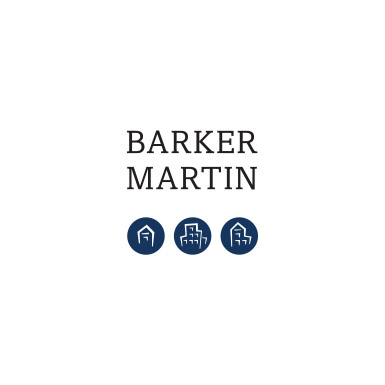Condo-HOA Blog
Effective Communication
“The single biggest problem in communication is the illusion that it has taken place.” - George Bernard Shaw
Whether in a personal or professional context, communication--or lack thereof--often causes strife and conflict. This axiom certainly applies to community association management and governance. How many times have you attended a board or association-wide meeting to find one or more homeowners incensed, claiming the board was acting secretly, deviously or deceitfully? In reality, it is likely in each of those instances that the board was acting openly and transparently, but its actions were not communicated effectively to the homeowners. Why?
Communication is a two-way interaction. There is a sender and receiver. Successful communication requires both elements to be working congruently and in harmony. Perfect outgoing communication may be ineffective if the receiver is not listening. Textbook receiving does not guarantee successful communication if the sender is deficient.
To reduce discord and contention within a community association, a board may wish to adopt one or more of the following communication protocols:
• Other than Executive Session, hold open board meetings with ample notice to each homeowner.
• Publish meeting minutes as soon as they are approved (ideally at the next board or association-wide meeting).
• When dealing with a controversial issues (e.g., special assessment, major construction project or capital improvement, adoption of rental restrictions, etc.), provide as much advance notice as possible, including informational meetings or taking time during board meetings to discuss the issue at the earliest possible time.
• Send separate written communication to the homeowners summarizing unique or special issues (in much greater detail than cryptic board meeting minutes) via email, newsletter or association website. Provide periodic written updates.
• If appropriate and reasonable, have the board appoint a committee comprised of homeowners to review and research the issue; however, keep in mind that committees ordinarily are advisory in nature, and do not possess authority or responsibility independent from the board of directors.
None of the above recommendations will improve communication if a homeowner is not listening. However, if ever confronted with accusations of acting behind closed doors or failing to communicate, a board that has implemented the foregoing protocols can respond that it has upheld its part of the communication process.



